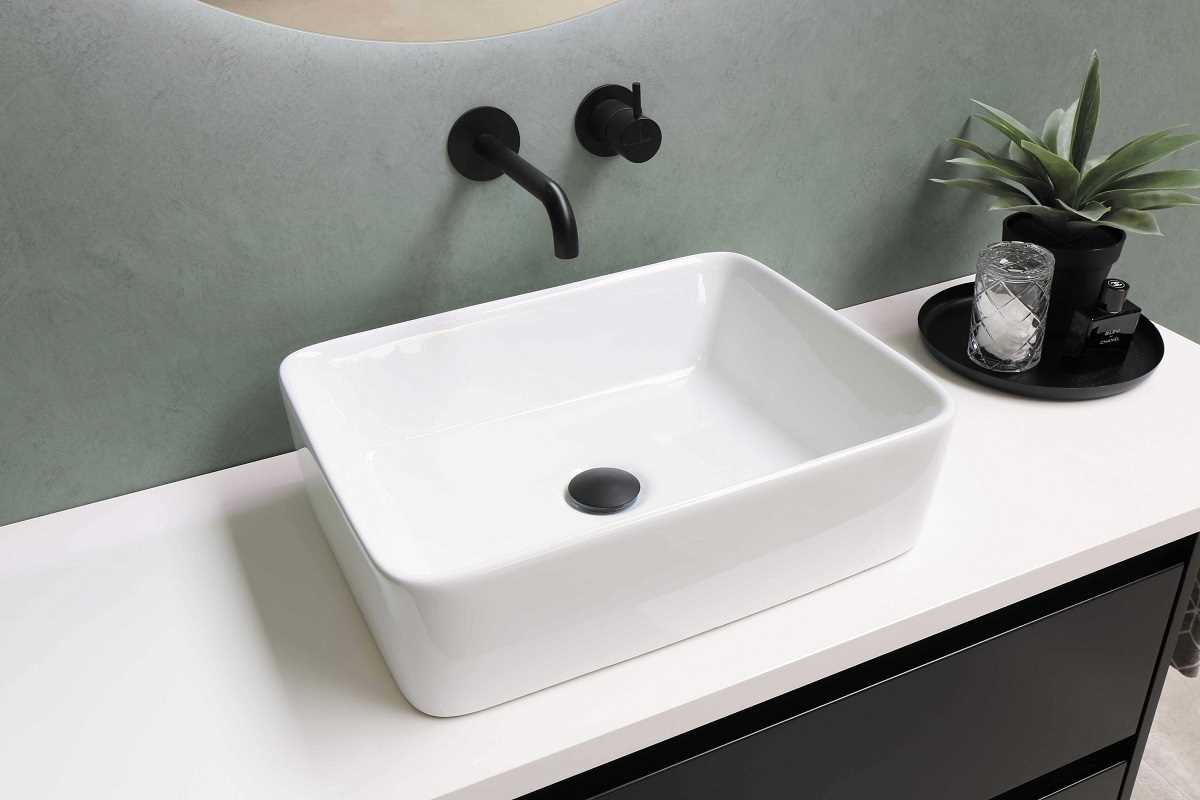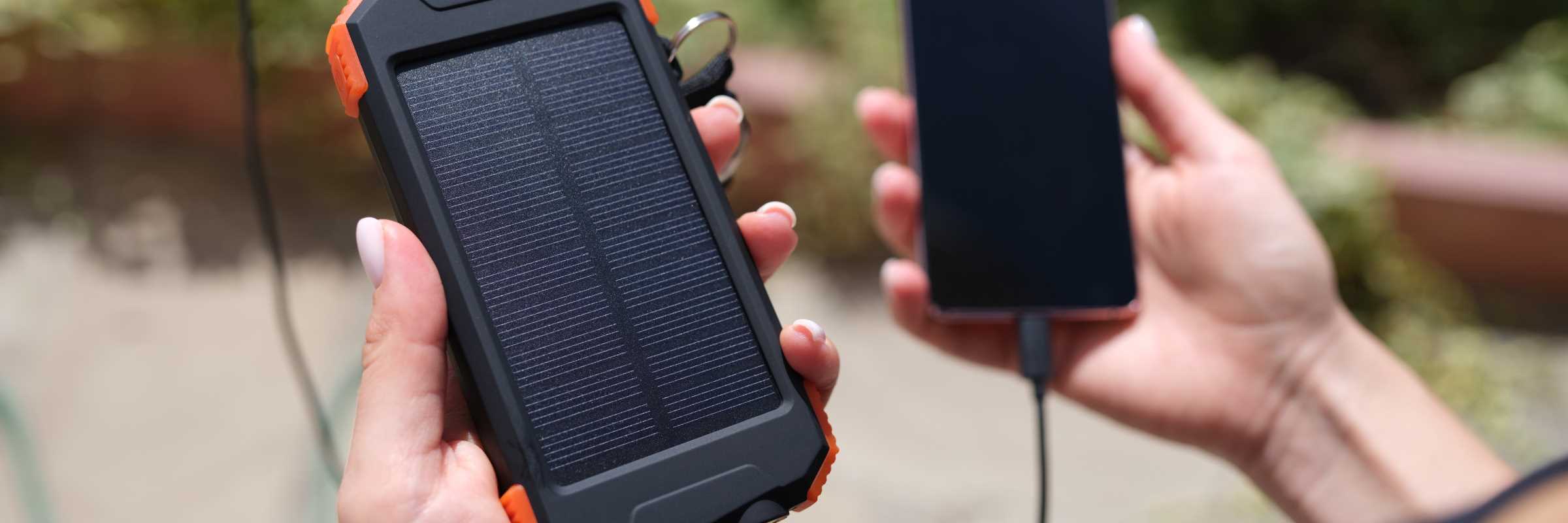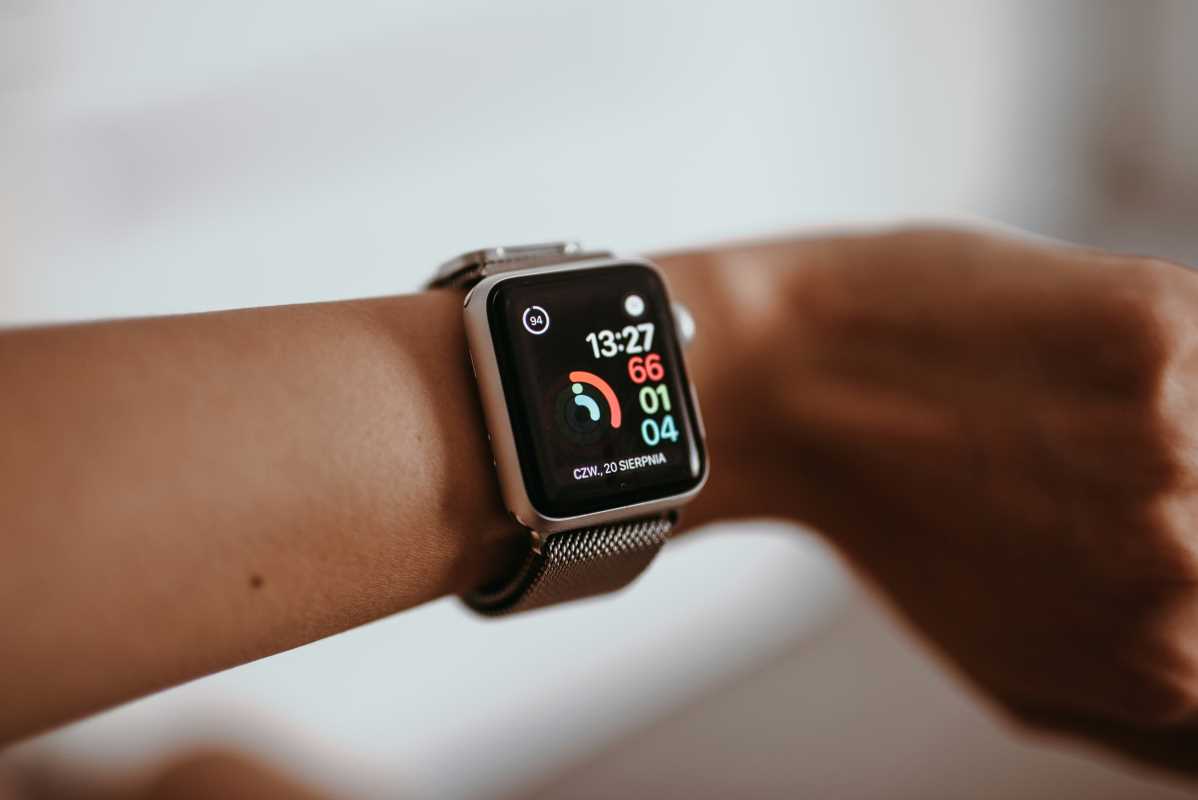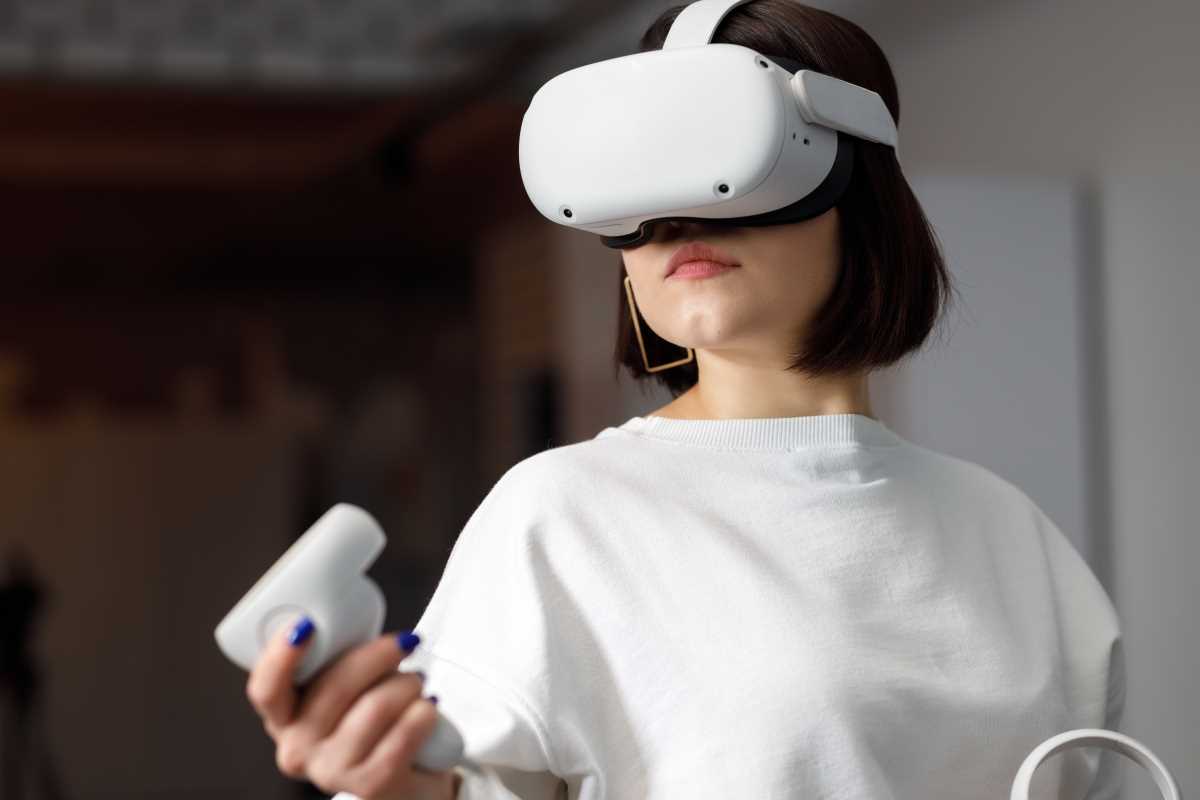The world of technology is always moving forward at a rapid pace, with each year bringing new innovations that change how we live, work, and play. The year 2025 is shaping up to be particularly exciting, promising a fresh wave of gadgets that will blur the lines between our physical and digital worlds. From smarter wearables that understand our health better than ever before to immersive augmented reality glasses that overlay information onto our surroundings, the coming year is set to deliver some truly groundbreaking devices. These new products are not just upgrades; they represent significant shifts in how we interact with technology. Get ready to see how these advancements will integrate more seamlessly into our daily routines, making life more connected, efficient, and entertaining.
The Next Generation of Augmented Reality Glasses
For years, we've heard about the promise of augmented reality (AR), a technology that places digital information over our real-world view. In 2025, AR glasses are expected to finally become more mainstream, moving from bulky prototypes to sleek, everyday eyewear. Imagine walking down the street and seeing navigation arrows appear right on the sidewalk in front of you, or looking at a restaurant and instantly seeing its menu and reviews pop up in your field of vision. This is the future that next-generation AR glasses are bringing.
These devices will be lighter, more comfortable, and possess much longer battery life than their predecessors. They will connect wirelessly to our smartphones, pulling data and displaying notifications without requiring us to look down at a screen. You could be in a meeting and see important messages discreetly, or follow a complex recipe with the instructions floating right above your cooking station. The applications are vast, from hands-free assistance for mechanics and surgeons to interactive educational experiences for students. As the technology matures, these glasses will become an indispensable tool for accessing information on the go.
AI-Powered Personal Assistants That Truly Understand You
Virtual assistants like Siri and Alexa have become common in many households, but 2025 will see the rise of AI-powered personal assistants that are far more intelligent and intuitive. These new assistants will go beyond simple voice commands. They will be able to understand context, learn your personal preferences, and anticipate your needs. Picture an assistant that not only schedules your appointments but also suggests the best travel route based on real-time traffic, books a table at a restaurant it knows you'll like, and reminds you to buy a gift for an upcoming birthday.
This leap in capability is driven by advancements in large language models and machine learning. Your AI assistant will be able to manage your digital life in a more holistic way, organizing your emails, summarizing long documents, and even helping you draft responses. It will feel less like a tool you command and more like a true partner that helps you stay organized and productive. This deeper level of personalization will make these assistants an integral part of managing the complexities of modern life, acting as a central hub for all your digital activities.
Smarter Health Wearables for Proactive Wellness
Wearable technology has already changed how we track our fitness, but the next wave of devices in 2025 will focus more on proactive health monitoring. These advanced wearables will move beyond step counting and heart rate tracking to offer deeper insights into our overall well-being. New sensors will be able to monitor things like blood glucose levels without a needle, track hydration, and analyze stress levels through subtle changes in your body's chemistry.
The real innovation lies in the software that powers these devices. Using AI, these wearables will be able to analyze your long-term health data, identify patterns, and provide personalized recommendations to improve your health. For example, your watch might notice that your sleep quality declines after you eat certain foods and suggest dietary changes. It could also detect early warning signs of potential health issues, prompting you to consult a doctor before a problem becomes serious. This shift from fitness tracking to comprehensive health monitoring will give people greater control over their well-being and pave the way for a more preventative approach to healthcare.
Foldable and Rollable Displays Go Mainstream
Foldable smartphones have been on the market for a few years, but in 2025, we expect to see this technology become more refined, durable, and accessible. The devices will be thinner and lighter, and the tell-tale crease in the middle of the screen will become nearly invisible. Beyond phones, we will see this flexible display technology appear in other devices, like tablets that can be folded down to the size of a wallet and laptops with large, seamless screens that can bend in the middle.
Even more exciting is the emergence of rollable displays. Imagine a device the size of a small tube that can unroll to reveal a full-sized tablet screen. This technology will allow for large, portable displays that can be easily carried anywhere. You could have a phone that expands into a tablet or a television that retracts into a discreet soundbar when not in use. This flexibility will redefine our concept of screens and open up new possibilities for entertainment, productivity, and portable computing. As manufacturing processes improve, these innovative displays will start to appear in a wider range of products.







